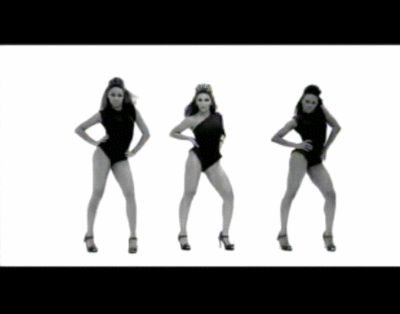Someone was writing the other day and reminiscing about The Greatest Generation, those gritty Americans who survived the Great Depression and still had the strength and will to defeat Hitler and the Axis powers. The writer contrasted that generation with our current citizens, referred to as “The Laziest Generation.”
At first I thought that an apt description, but I only had to think about it for a few moments before I realized that people are pretty much people, regardless of the time they live in. The people who lived through the 1930s and 40s, and came back from the war to build a new world and birth a new generation in the 50s and 60s, all overcame hardship and adversity and realized prosperity, and I thank God for them and ask Him to bless them.
But they also didn’t have a lot of choice.
Today it is worthwhile to celebrate and honor their mindset to do what had to be done, but in doing so perhaps we sell short our own capacity to do the same. Given the opportunity, I think that past generation — faced with economic collapse and a global thirst for totalitarianism — would have just as soon let that cup pass them by. That option, of course, was not granted them and they knew it. Perhaps the greatest difference between their generation and ours is that today we think such a choice exists.
They grew up with cash on the barrelhead, “use it up, wear it out, make it do, or do without” mantras; they had witnessed what financial speculation and excess led to. The only thing they deferred was gratification as they scrounged to support their families or slogged toward Germany, all to the tune of When the Lights Go On Again All Over the World. Yet the generation that couldn’t say “No” to its fate gave birth to the generation that apparently can’t say “No” to anything.
You can’t blame our forbears for having suffered much and desiring that their children not know the fear, hunger and torment that they endured. Out of that love, perhaps, it was natural to have a vision of raising up a generation that would know no limits…and one, unfortunately, that also knows no “No.” Our generation defers no gratification, only the payments, and won’t the next generation be thankful?
To be honest, the Greatest Generation also voted repeatedly for the New Deal, the ancestor of today’s stimulus package — yet they were likely the first ones to come up with the analogy that’s going around today of trying to increase the amount of water in a swimming pool by hauling buckets from the deep end and pouring them into the shallow end! They were human, capable of taking what looks like an easy way out but also quite capable, when pressed, to digging deep within themselves to persevere through hardship and work for something better and bigger than themselves.
We, too, are human and even with an overdeveloped sense of entitlement we are capable of the same inner reserves and faith. Like our parents and grandparents, we may not willingly seek out adversity, but we shouldn’t run from it either. We can meet it, defeat it, and give the next generations stories to tell rather than debts to pay.
If only we get the chance.
















